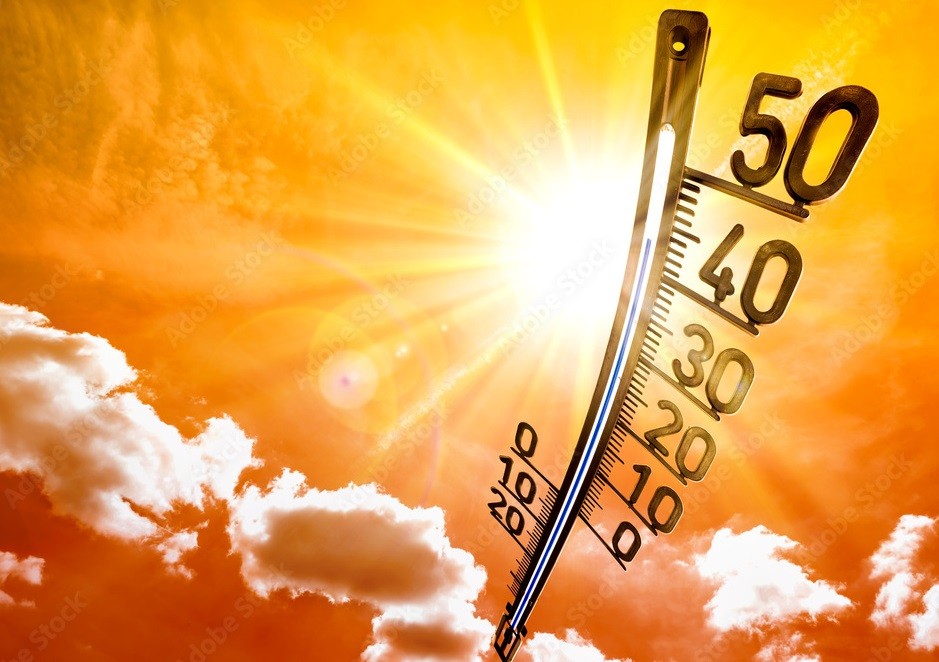16/11/2023
16/11/2023

NEW YORK, Nov 16, (Agencies): A comprehensive annual assessment conducted by The Lancet Countdown, involving prominent researchers and institutions, reveals that the escalating use of fossil fuels poses severe threats to human health, extending beyond the deadly impact of rising temperatures. The assessment outlines various risks, including more frequent droughts leading to widespread starvation, the expansion of mosquito-borne diseases due to the insects spreading to new areas, and the strain on health systems attempting to cope with these challenges.
This alarming evaluation coincides with projections of the current year becoming the hottest in recorded human history. Europe's climate monitor recently declared last month as the warmest October on record, underscoring the urgency of addressing climate-related health issues. As the world braces for the COP28 climate talks in Dubai, a "health day" on December 3 is scheduled for the first time, aiming to shed light on the profound impact of global warming on public health.
Despite escalating calls for global action, the Lancet Countdown report highlights that energy-related carbon emissions reached unprecedented levels last year. The report singles out substantial government subsidies and private bank investments in fossil fuels as key contributors to this concerning trend.
The Lancet Countdown study reveals that people worldwide were exposed to an average of 86 days of life-threatening temperatures last year, with 60 percent of those days being more than twice as likely due to climate change. Shockingly, the number of heat-related deaths among individuals over 65 increased by 85 percent from 1991-2000 to 2013-2022.
Marina Romanello, the executive director of Lancet Countdown, warns that the current impacts may be just the early signs of a perilous future. Under a scenario where the world warms by two degrees Celsius by the end of the century (currently tracking at 2.7C), heat-related deaths are projected to increase by 370 percent by 2050, marking a 4.7-fold increase. Projections also suggest that an additional 520 million people will face moderate or severe food insecurity by mid-century.
Moreover, mosquito-borne infectious diseases are anticipated to spread further, with the transmission of dengue expected to increase by 36 percent under a 2C warming scenario.
The Lancet Countdown's Georgiana Gordon-Strachan emphasizes the disproportionate impact on individuals in poorer countries who bear the brunt of health impacts but lack the resources to adapt to climate-related challenges.
UN Secretary-General Antonio Guterres responds to the report by describing humanity as facing an intolerable future, highlighting the ongoing human catastrophe caused by climate-related issues.
Dann Mitchell, climate hazards chair at the UK's Bristol University, laments that previous health warnings about climate change have not prompted sufficient action to meet the goals set by the Paris Agreement.
The UN's recent warning about countries' insufficient pledges to cut carbon emissions underscores the urgent need for more substantial progress. Romanello warns that without tangible progress on emissions, the emphasis on health within climate change negotiations risks becoming mere rhetoric with little impact.


